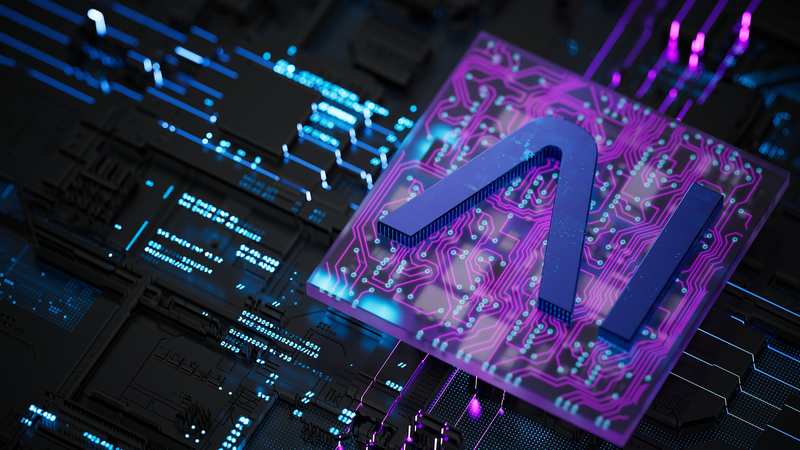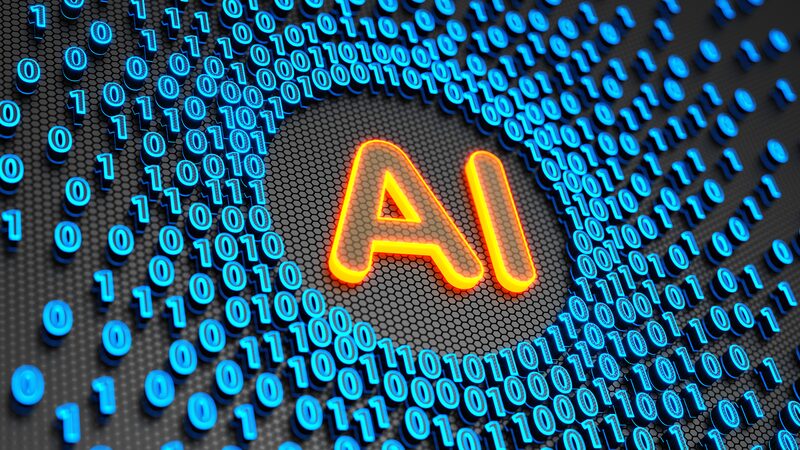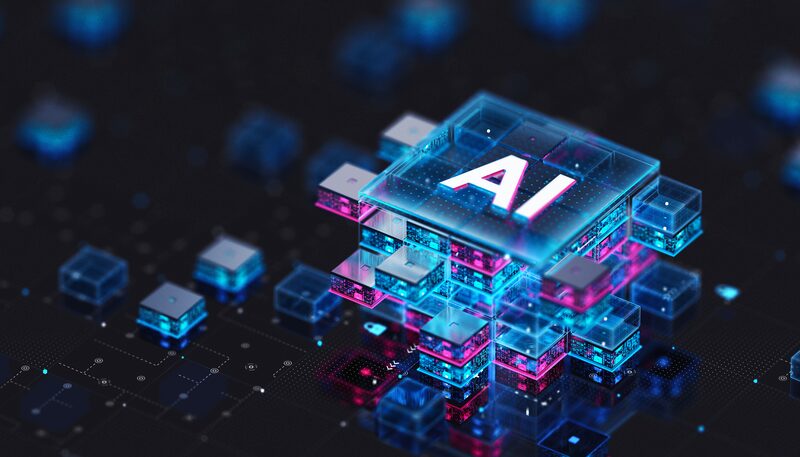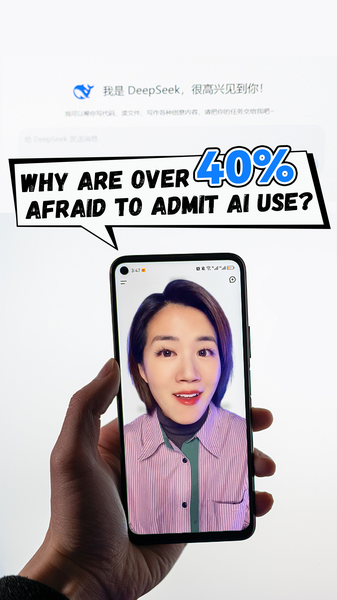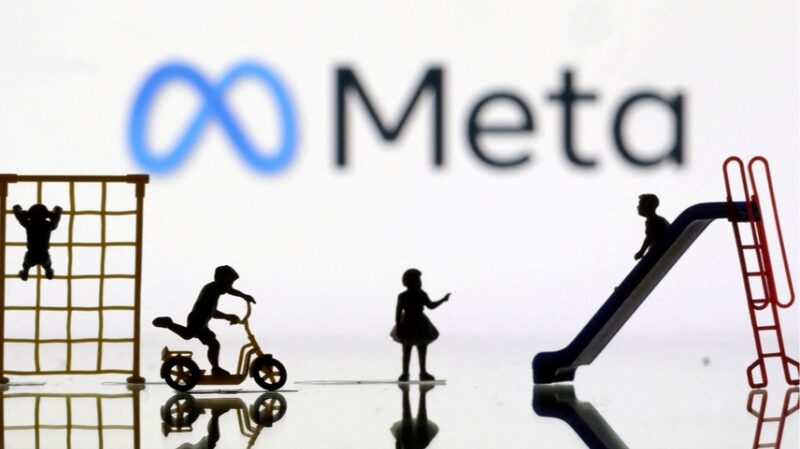As artificial intelligence (AI) rapidly transforms the translation sector, professionals worldwide grapple with its implications. While concerns over human displacement persist, industry leaders advocate for a balanced hybrid model that merges AI efficiency with cultural insight.
At the Translators Association of China (TAC) annual conference, Du Zhanyuan, president of TAC and head of China International Communications Group, emphasized AI-led innovation as a catalyst for progress. "Translation is among the fields where AI applications currently excel," Du stated, noting that new technologies can reshape workflows and unlock "unprecedented potential" for global communication.
Industry experts highlight AI's ability to handle repetitive tasks, allowing human translators to focus on nuanced cultural interpretation\u2014a critical advantage for cross-border business deals, academic collaboration, and diplomatic outreach. This symbiosis has become particularly vital as Asia's economic influence grows, requiring precise multilingual exchanges across sectors from trade agreements to tourism campaigns.
Cultural preservation remains central to discussions. While AI tools now translate rare dialects like Uygur with increasing accuracy, professionals stress the irreplaceable role of native speakers in maintaining linguistic authenticity. For diaspora communities and cultural explorers, this hybrid approach ensures both accessibility and heritage preservation.
Reference(s):
AI tools to reshape translation industry, global cultural exchange
cgtn.com
